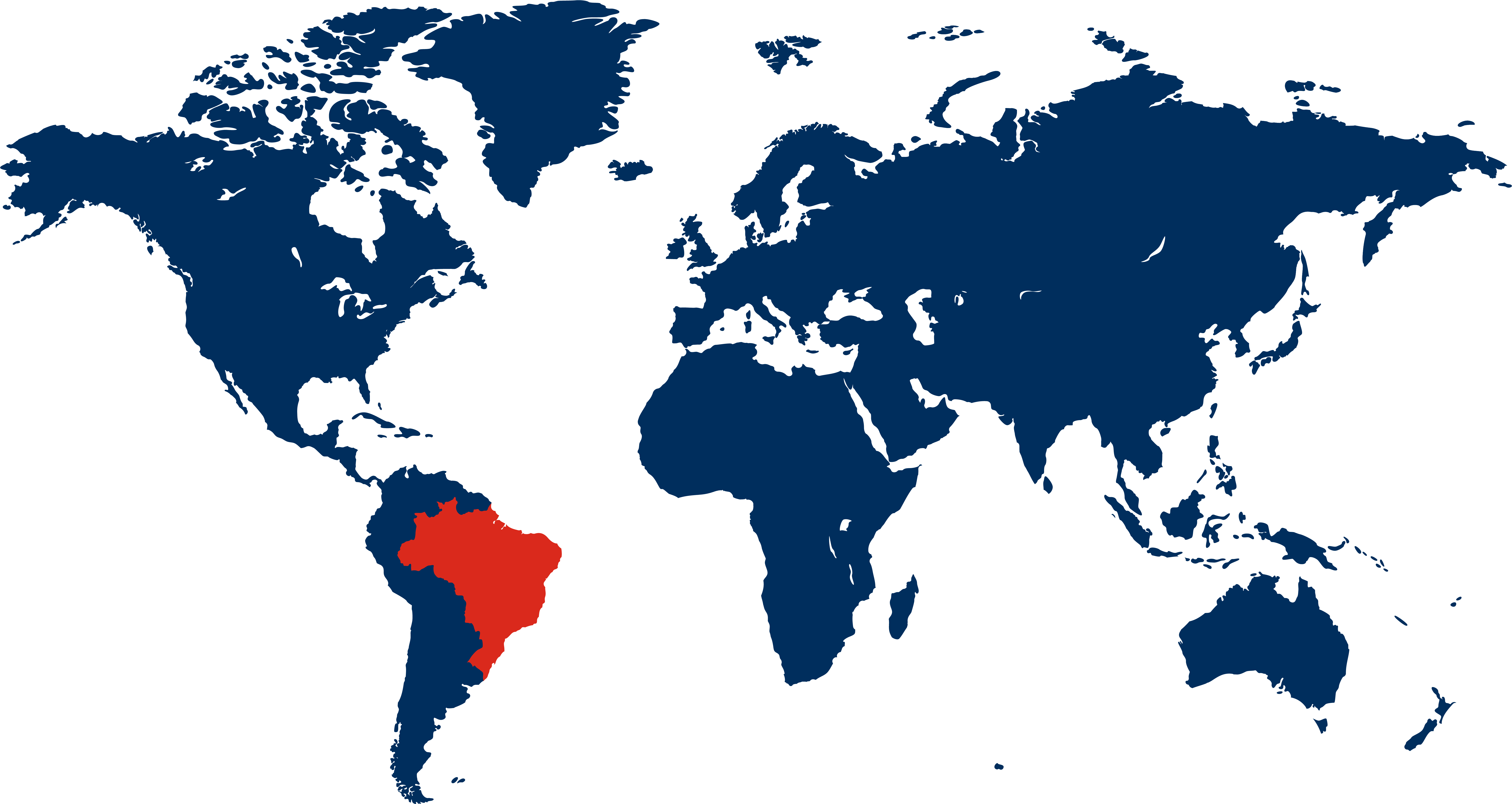Brazil Travelogue
Articles
Travelogues
View more from News & Articles or Primerus Weekly

By Tom Kirvan
Brazil, the largest country in South America and the fifth largest in the world, is a captivating blend of vibrant cultures, breathtaking landscapes, and fascinating history. With a population exceeding 205 million people, it is the most populous country in Latin America and the sixth most populous globally. This vast nation is a mosaic of diverse ethnic groups, with rich traditions that make it a unique destination for travelers.
Brazil's geography is as varied as its culture – spanning approximately 3.3 million square miles – encompassing a variety of landscapes, including the Amazon Rainforest, the Pantanal wetlands, the Atlantic Forest, and an extensive Atlantic Ocean coastline. The Amazon Rainforest, often referred to as the "lungs of the Earth," is the largest tropical rainforest in the world and a hotspot of biodiversity.
The capital city, Brasília, is a modernist marvel designed by the renowned architect Oscar Niemeyer and urban planner Lúcio Costa. Inaugurated in 1960, Brasília is known for its futuristic architecture and unique layout, which resembles the shape of an airplane when viewed from above.
The highest point in Brazil is Pico da Neblina, standing at 9,826 feet above sea level. Located in the remote northern region near the Venezuelan border, this peak is part of the Serra do Imeri mountain range and offers adventurous climbers a challenging ascent through dense rainforest and rugged terrain.
Top 5 Must-See Tourist Destinations


Capital: Brasilia
Population: 205 million
Language: Portuguese
Religion: Christianity
Must-see Attraction: Christ the Redeemer Statue in Rio de Janiero
Primerus Member:
Terciotti Andrade Gomes Donato Advogados is a tax advisory and tax litigation law firm in Rio de Janiero.
Brazil's history is highlighted by its indigenous heritage, colonial influences, and waves of immigration. Before the arrival of Europeans, the land was inhabited by multiple indigenous groups, each with its own distinct culture and way of life. In 1500, Portuguese explorer Pedro Álvares Cabral arrived on the Brazilian coast, marking the beginning of more than three centuries of Portuguese colonization.
One of the most significant historical events in Brazil is the abolition of slavery in 1888, making it the last country in the Americas to do so. This event profoundly shaped the country's demographic and cultural landscape, leading to the rich cultural fusion seen today.
Brazil declared its independence from Portugal on September 7, 1822, with Prince Dom Pedro I proclaiming "Independence or Death!" This day is now celebrated annually as Brazil's Independence Day.